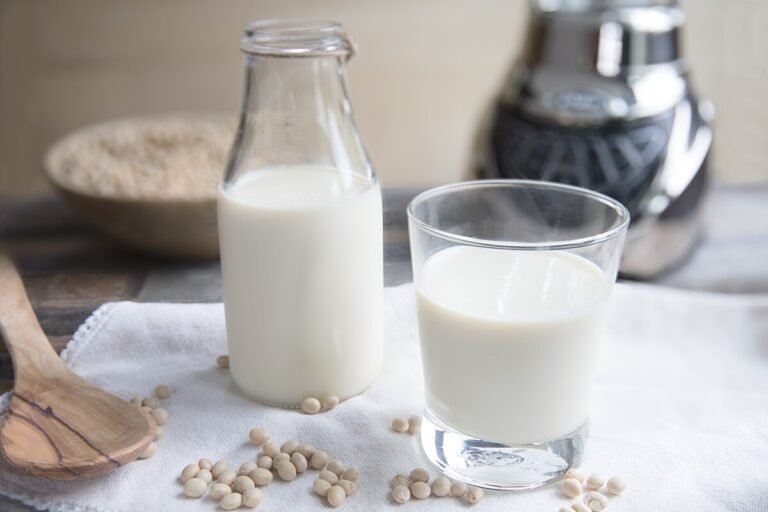Introduction
Milk is one of the most consumed beverages worldwide and is often regarded as a symbol of health and nutrition. It is a natural liquid produced by the mammary glands of mammals, primarily cows, goats, and buffaloes, although human milk is also essential for infant nutrition. Milk provides a wide array of nutrients, making it a crucial part of diets across cultures.
The nutritional value of milk is remarkable. It is rich in calcium, essential for strong bones and teeth. It also contains proteins, which are vital for muscle development, and vitamins such as B12 and D, which support overall body function. Milk’s unique composition of fats, carbohydrates, and minerals makes it an easily digestible source of energy, particularly beneficial for children and the elderly.
Milk comes in different forms to suit diverse needs. Fresh milk, pasteurized milk, powdered milk, and flavored milk are some common varieties available in the market. Pasteurization, a heat-treatment process, ensures milk is safe for consumption by killing harmful bacteria while retaining most nutrients. Additionally, lactose-free milk caters to those with lactose intolerance, enabling them to enjoy milk without digestive discomfort.
Beyond its nutritional benefits, milk plays a vital role in culinary traditions. It is used to make butter, cheese, yogurt, cream, and many other dairy products. These derivatives enrich recipes and provide cultural flavors unique to each region. Milk-based desserts, like puddings and custards, highlight its versatility in both sweet and savory dishes.
Recent studies also emphasize the health benefits of milk in maintaining bone density, preventing osteoporosis, and supporting heart health. However, moderation is key, as excessive consumption of full-fat milk may contribute to higher calorie intake. Low-fat and skimmed milk options offer a balance between nutrition and calorie management.
Environmentally, milk production has an impact that needs consideration. Sustainable dairy farming practices are being encouraged globally to reduce carbon footprint, conserve water, and ensure animal welfare. These practices aim to provide nutritious milk while maintaining ecological balance.
In conclusion, milk is more than just a beverage; it is a nutrient powerhouse, a culinary staple, and a dietary essential. Whether consumed directly or through its many derivatives, milk continues to be a vital part of a healthy lifestyle, providing nourishment and enjoyment for people of all ages.
